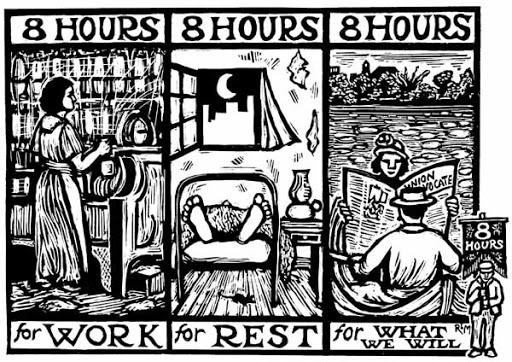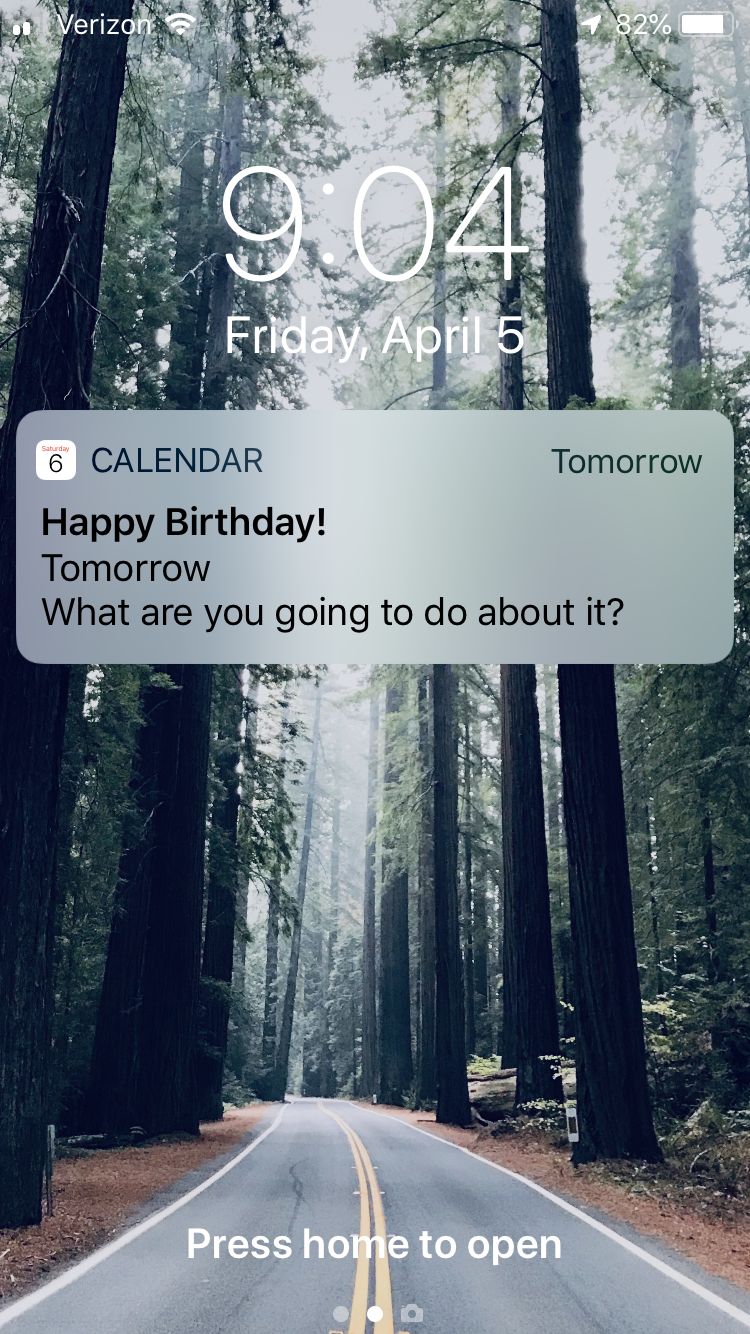I crave certainty and so do you. It’s not a bad thing. It’s just the reality of being human.
When the conditions of my life meet my needs and expectations I’d prefer those conditions not to change. My sources of food, shelter and income? I want those to be stable and predictable. My sources of love, care, concern and connection? I want those to be known and reliable. My sources of opportunity and experience? I want them to be mapped out according to both my readiness and my desire.
Just because I can adapt does not mean that I want to. And it certainly does not mean that it’s easy for me to do so. When a wrinkle appears on the pressed shirt that is my life I can only see the wrinkle. And I work very hard to make it go away. (My guess is that we have this in common.)
But sometimes the wrinkle is more than an aberrance. Sometimes it’s a discomfiting nudge in the direction of better way. Here’s a small example:
I’m part of a band at my church. We play and sing at one service each weekend. That service, or Mass, follows precisely the same format every time. It’s the gift of a prescribed liturgy; anywhere you go in the world, on any given Sunday, you will experience the same format. Early in the mass, between scripture readings, a psalm is sung as a prayerful reflection on what’s been proclaimed so far and in anticipation of what’s to come. As long as our band’s been playing together – that’s more than 10 years – the psalm for a given Sunday has been presented in this format:

Please notice how the verses are laid out on the page. They begin in the top stanza and continue in the second stanza, below. To sing the second line of a given verse your eyes shift back to the top stanza before proceeding across the page and down to the second one.
Let me repeat: it has ALWAYS been done this way.
Last week, with no explanation, the psalm music looked like this:

In rehearsal I just stared at it in disbelief, asking myself: “What in the world is going on???” We practiced it and we messed it up. We couldn’t help ourselves. There’s one format for singing the psalm and this is definitely not it! But we persisted, figured it out and got on with our rehearsal.
And then came Sunday morning. The music started and we began to sing, blithely unaware that around the next bend the road had been washed away. At the end of the first line of the first verse, just as we had done for 10 years, we collectively, uniformly and unanimously shifted our focus down the page only to discover that we were now looking at the first line of the third verse. We stopped for a moment, found the right spot, and carried on. It was uncomfortable and a little embarrassing. Not our best effort.
We did what we were conditioned to do only to find that our conditioning was no longer sufficient for or appropriate to the circumstances we faced. (And remember, we had practiced!)
And here’s the thing: the new format is better. It’s better by far. Even so, better feels worse when it causes even a small moment of discomfort; when it reminds us how deeply conditioned we are to one way of doing what we “know” how to do.
DAVID BERRY is the author of “A More Daring Life: Finding Voice at the Crossroads of Change” and the founder of RULE13 Learning. He speaks and writes about the complexity of leading in a changing world.



